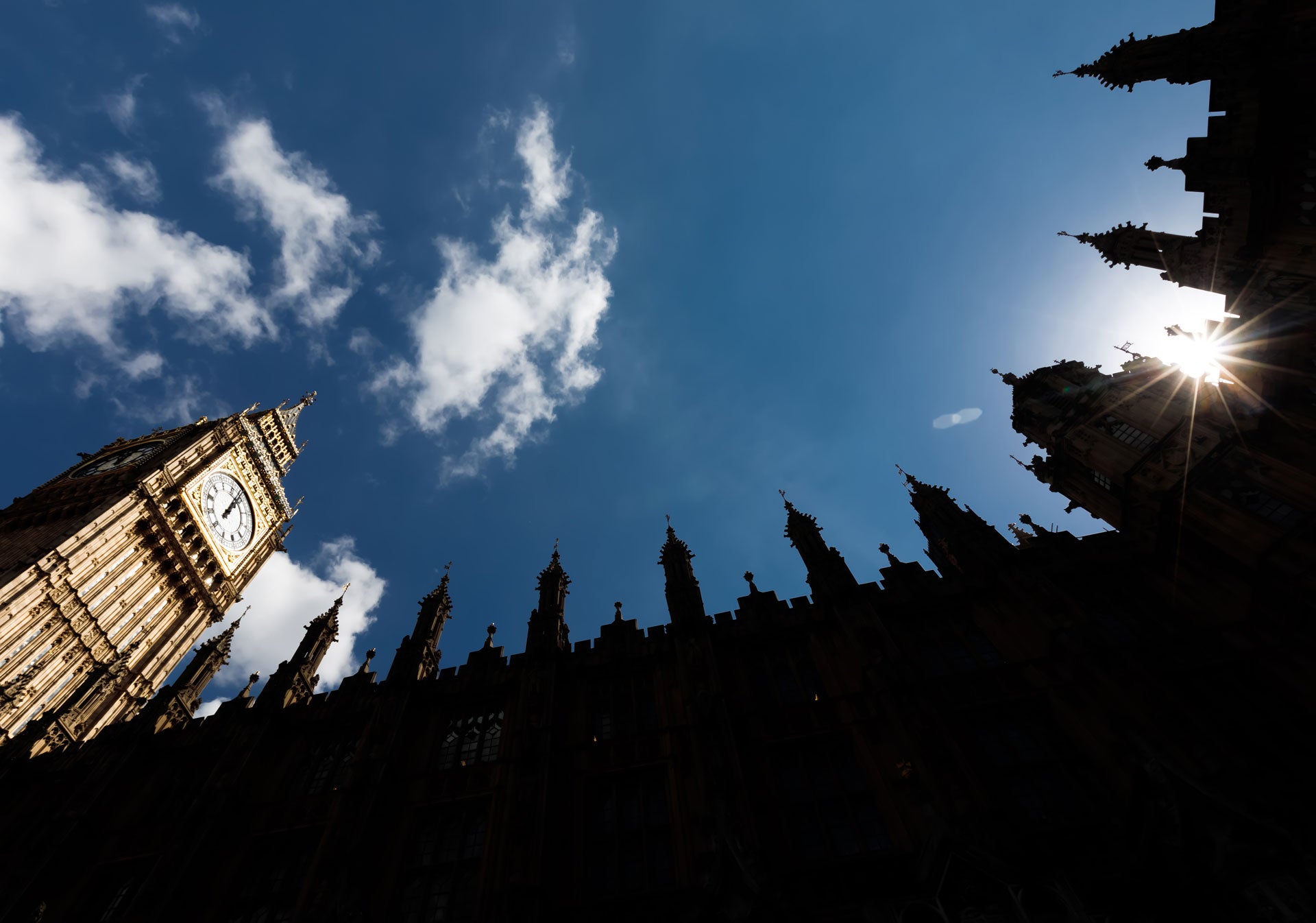
The House of Lords Communications Committee has published a report on regulating in a digital world, calling for big tech companies to be reined in.
With the user data practices of tech giants and the issue of fake news coming under increasing government scrutiny, whether politicians should play a role in the regulation of the internet has come into question.
Last month, the UK government’s Digital, Culture, Media and Sport select committee published its report on fake news and disinformation, and recommended that “digital gangsters” such as Facebook should adhere to a code of conduct.
In a similar vein, the House of Lords also champions greater regulation of tech giants, sighting the “misuse of personal data, abuse and hateful speech” as compelling evidence.
However, not limited to online content, the report also tackles the companies that dominate the digital world, highlighting not only the unfair advantage access to realms of user data gives these companies over competitors, but also have “great power in society and act as gatekeepers to the internet”.
The report points out that there are currently over a dozen different regulators responsible for online activity, meaning it is “fragmented with overlaps and gaps”, and the speed at which the digital world is developing makes regulation challenging.
How well do you really know your competitors?
Access the most comprehensive Company Profiles on the market, powered by GlobalData. Save hours of research. Gain competitive edge.

Thank you!
Your download email will arrive shortly
Not ready to buy yet? Download a free sample
We are confident about the unique quality of our Company Profiles. However, we want you to make the most beneficial decision for your business, so we offer a free sample that you can download by submitting the below form
By GlobalDataTo remedy this, the committee recommends that a comprehensive and overarching strategy for internet regulation is required, proposing a set of 10 principles to “shape and frame all regulation of the internet”, and a new Digital Authority to oversee this regulation.
House of Lords regulation
The ten proposed principles are as follows:
Accountability: processes must be in place to ensure organisations are held to account.
Transparency: organisations must be open to scrutiny.
Openness: the internet must remain open to innovation and competition.
Privacy: to protect the privacy of individuals.
Ethical design: services must act in the interests of users and society.
Recognition of childhood: to protect the most vulnerable users of the internet.
Respect for human rights and equality: to safeguard the freedoms of expression.
Education and awareness-raising: to enable people to navigate the digital world safely.
Democratic accountability, proportionality and evidence-based approach.
The Digital Authority
In terms of enforcing the House of Lords regulation, the report says that The Digital Authority would have the authority to assess existing regulation and make recommendations for improvement, and would have access to “the highest level of the Government to facilitate the urgent change that is needed”.
Made up of both government officials and a pool of expert investigators, the authority would be responsible for not only holding tech giants to account, but also educating the public and Parliament on emerging risks and technological developments.
It will report to a new joint committee of both Houses of Parliament, which will be responsible for considering all matters related to the digital world.
“A compelling and urgent case for a new approach to regulation”
The report also highlights the ongoing problem of tech giants’ user data practices, particularly how this relates to advertising. It calls for greater transparency when data is collected and greater choice to allow users to control what data is taken.
The issue of hate speech and online trolling is also addressed, with the House of Lords regulation recommending that social media sites should be subject to a “statuary duty of care” enforced by Ofcom that would require a moderation process for user-generated content.
The chairman of the committee, Lord Gilbert of Panteg, said:
“Self-regulation by online platforms is clearly failing and the current regulatory framework is out of date. The evidence we heard made a compelling and urgent case for a new approach to regulation.
“Without intervention, the largest tech companies are likely to gain ever more control of technologies which extract personal data and make decisions affecting people’s lives. Our proposals will ensure that rights are protected online as they are offline while keeping the internet open to innovation and creativity, with a new culture of ethical behaviour embedded in the design of service.”







